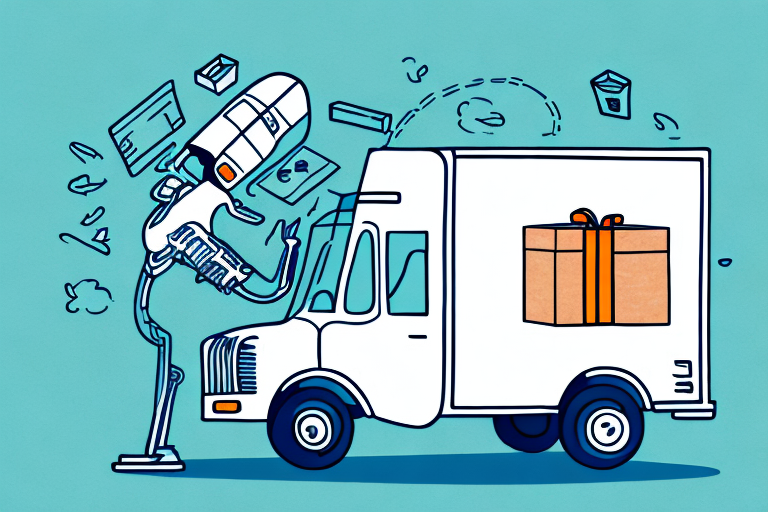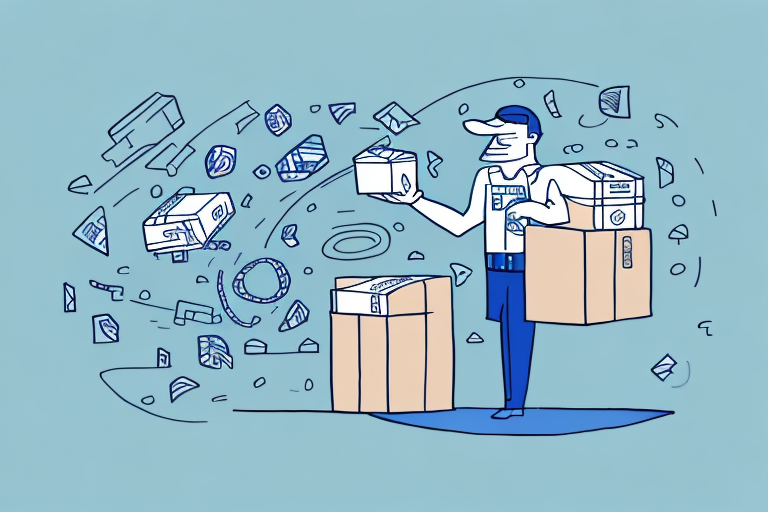Pros and Cons of Being a Delivery Independent Contractor
Becoming a delivery independent contractor offers a mix of benefits and challenges. Understanding these can help you decide if this career path aligns with your goals.
Advantages
- Flexibility: Set your own schedule and choose when and where you work.
- Earning Potential: Opportunities to earn more, especially during peak hours or with high-demand platforms.
- Independence: No direct supervisor, allowing for greater autonomy in your work.
Disadvantages
- Expenses: Responsible for vehicle costs, including gas, maintenance, and repairs.
- Tax Responsibilities: Must manage self-employment taxes, which can be more complex than standard employment.
- Physical Demands: The job can be strenuous, involving long hours and heavy lifting.
Top Companies and Finding Job Opportunities
Several leading companies hire delivery independent contractors, each with unique requirements and benefits.
Popular Delivery Platforms
Additional Job Search Strategies
- Local Businesses: Reach out to restaurants and stores in your area for direct delivery opportunities.
- Delivery Networks: Join local delivery networks or associations that offer job boards and resources.
- Online Platforms: Utilize job search websites to find independent contractor roles beyond mainstream platforms.
Legal and Financial Considerations
Operating as an independent contractor involves navigating various legal and financial responsibilities.
Business Registration and Permits
Register your business with your state and obtain any necessary licenses or permits to operate legally.
Tax Implications
- Self-Employment Taxes: Understand the requirements for paying federal and state taxes as a self-employed individual.
- Deductions: Keep detailed records of expenses such as vehicle maintenance, fuel, and supplies to maximize tax deductions.
- For more information, refer to the IRS guidelines on independent contractors.
Insurance Needs
- Liability Insurance: Protects against potential accidents or damages during deliveries.
- Commercial Auto Insurance: Recommended if using your vehicle extensively for delivery purposes.
Essential Skills and Maintaining Safety
Success as a delivery independent contractor relies on a specific set of skills and a commitment to safety.
Key Skills
- Time Management: Efficiently plan routes and schedules to maximize earnings.
- Customer Service: Effective communication and problem-solving enhance customer satisfaction and tip potential.
- Driving Proficiency: A clean driving record and adeptness behind the wheel are crucial.
- Physical Stamina: Ability to handle multiple deliveries and manage physically demanding tasks.
Safety Tips
- Vehicle Maintenance: Regularly check and maintain your vehicle to prevent breakdowns.
- Awareness: Stay vigilant of your surroundings to avoid accidents and handle unexpected situations.
- First Aid Kit: Carry essentials to address minor injuries or emergencies on the job.
- Trust Your Instincts: If a situation feels unsafe, prioritize your well-being and remove yourself from potential hazards.
Maximizing Earnings and Growing Your Business
Implementing strategic approaches can significantly boost your income and expand your delivery business.
Maximizing Earnings
- Peak Hours: Focus on delivering during busy times to increase the number of orders.
- Customer Relations: Build rapport with customers to encourage repeat business and higher tips.
- Bonuses and Incentives: Take advantage of platform-specific bonuses for completing a certain number of deliveries.
Business Growth Strategies
- Exceptional Service: Consistently provide high-quality service to enhance your reputation.
- Networking: Connect with other independent contractors to share insights and referrals.
- Diversify Services: Offer additional delivery options, such as grocery shopping or package deliveries, to attract a broader customer base.
Future Trends and Overcoming Challenges
The landscape of delivery independent contracting is evolving, presenting both opportunities and obstacles.
Emerging Trends
- Technological Advancements: Innovations like route optimization software and contactless deliveries enhance efficiency.
- Increased Demand: The growth of e-commerce and on-demand services continues to expand delivery opportunities.
Common Challenges and Solutions
- Dealing with Difficult Customers: Maintain professionalism and seek to resolve issues amicably to preserve your reputation.
- Financial Management: Utilize accounting software or consult with a financial advisor to manage income and expenses effectively.
- Preventing Burnout: Schedule regular breaks and prioritize self-care to maintain long-term productivity and health.
Conclusion
Delivery independent contractor roles offer a flexible and potentially rewarding way to earn income. By understanding the benefits and challenges, honing essential skills, and implementing strategic business practices, you can thrive in this dynamic field. Stay informed about industry trends and continuously seek ways to enhance your service to achieve long-term success.




















